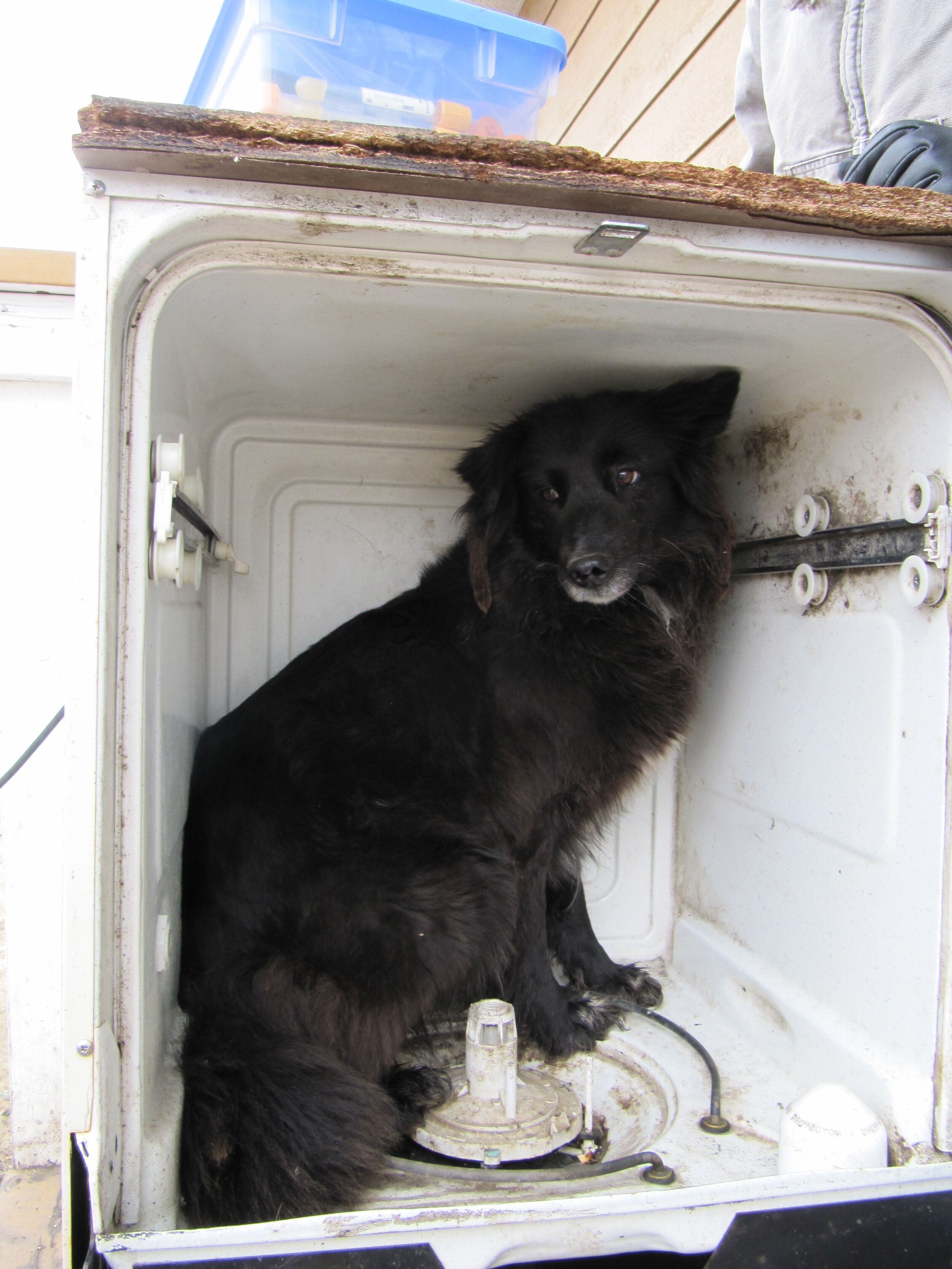Reports from the Field
Dogs with No Names
Dogs With No Names, a project of the Foundation of Animal Welfare Initiatives, is committed to humanely reducing numbers of unwanted dogs on Canada’s First Nations lands. Dogs With No Names was borne in the winter of 2009 after veterinarian Dr. Judith Samson-French spoke with Lori Rogers, Senior Animal Health Technologist at the Calgary Zoo, about ways to alleviate the challenge of unwanted dogs on First Nations reserves. As owner of Banded Peak Veterinary Hospital near the Tsuu T’ina reserve in Alberta, Canada, Dr. Samson-French had firsthand experience with the sickness, injury, and suffering of free-roaming dogs—particularly new mothers and puppies during frigid winter months. Traditional spaying and neutering was not a viable option for large-scale impact due to lack of appropriate facilities on First Nations lands and, in many cases, residents’ resistance to surgical sterilization.
Lori Rogers proposed a possible solution: Suprelorin™ (deslorelin acetate) contraceptive. Australia first approved this implant for male dogs in 2004; New Zealand and the European Union followed suit in 2005 and 2007, respectively. Several North American zoos have successfully used Suprelorin to suppress fertility in carnivores of both sexes, however, and a handful of studies have explored its safety and efficacy in female dogs. With an Emergency Drug Release from Health Canada, Dr. Samson-French launched an initiative to use Suprelorin contraceptive implants with feral and semi-feral female dogs. The project’s aim was to gather more data on the effectiveness of the implant in female dogs while giving them a “pregnant pause.”
The team re-implants dogs at intervals of 12-24 months. While Suprelorin does not offer permanent sterilization and thus might not be the preferred option for some pet dogs, a one-to-two-year implant contracepts many of these free-roaming dogs for the majority of their short lifetimes. Working on three Alberta reserves—Tsuu T’ina, Siksika, and Eden Valley—the organization has prevented potential births of over 100,000 dogs!
In her beautifully written and photographed book, Dogs with No Names, Dr. Samson-French describes the amazing changes that the contraceptive project has set in motion, the gentleness of dogs who have rarely (if ever) been shown human kindness, and the cultural benefits to having an alternative to surgical sterilization:
For many First Nations people, the burgeoning number of unwanted dogs on their reserves is clearly a problem, and they welcome any help, whether surgical sterilization or medical contraception, to manage it. But not all agree. Some think we should allow the dogs to live out their lives, however they might unfold. Some believe we are showing disrespect to the nature of dogs when we spay or neuter. The contraceptive implant, because it does not alter the dog in any obvious way physically, is an option that many accept in good grace. (p. 250)
Dr. Samson-French presented on the extraordinary work of Dogs With No Names at ACC&D’s 4th and 5th International Symposia. You can view her presentation from our 5th International Symposium here, and check out her video Meet the Innu Dogs. We also invite you to learn more about Suprelorin use in male dogs.


